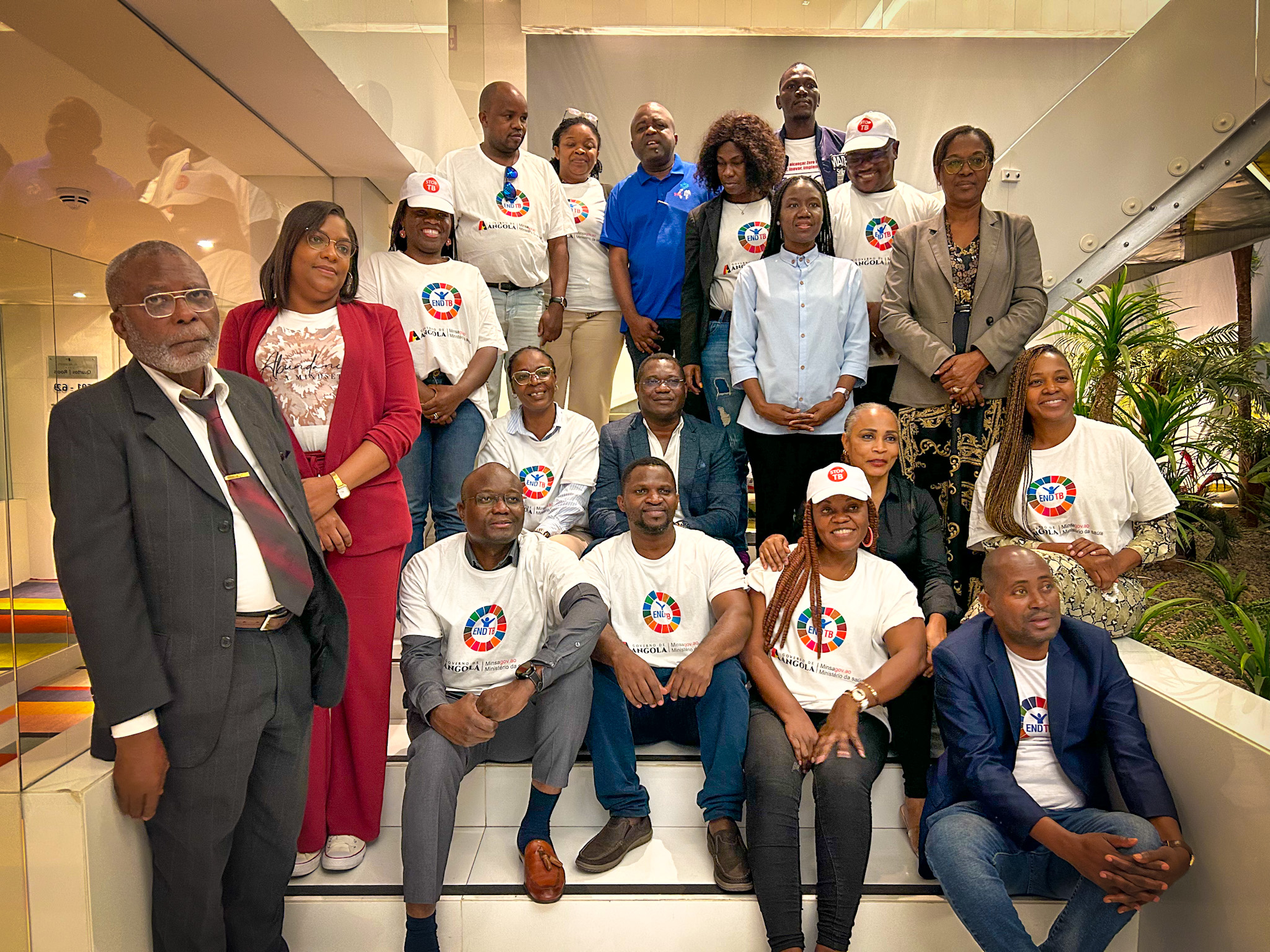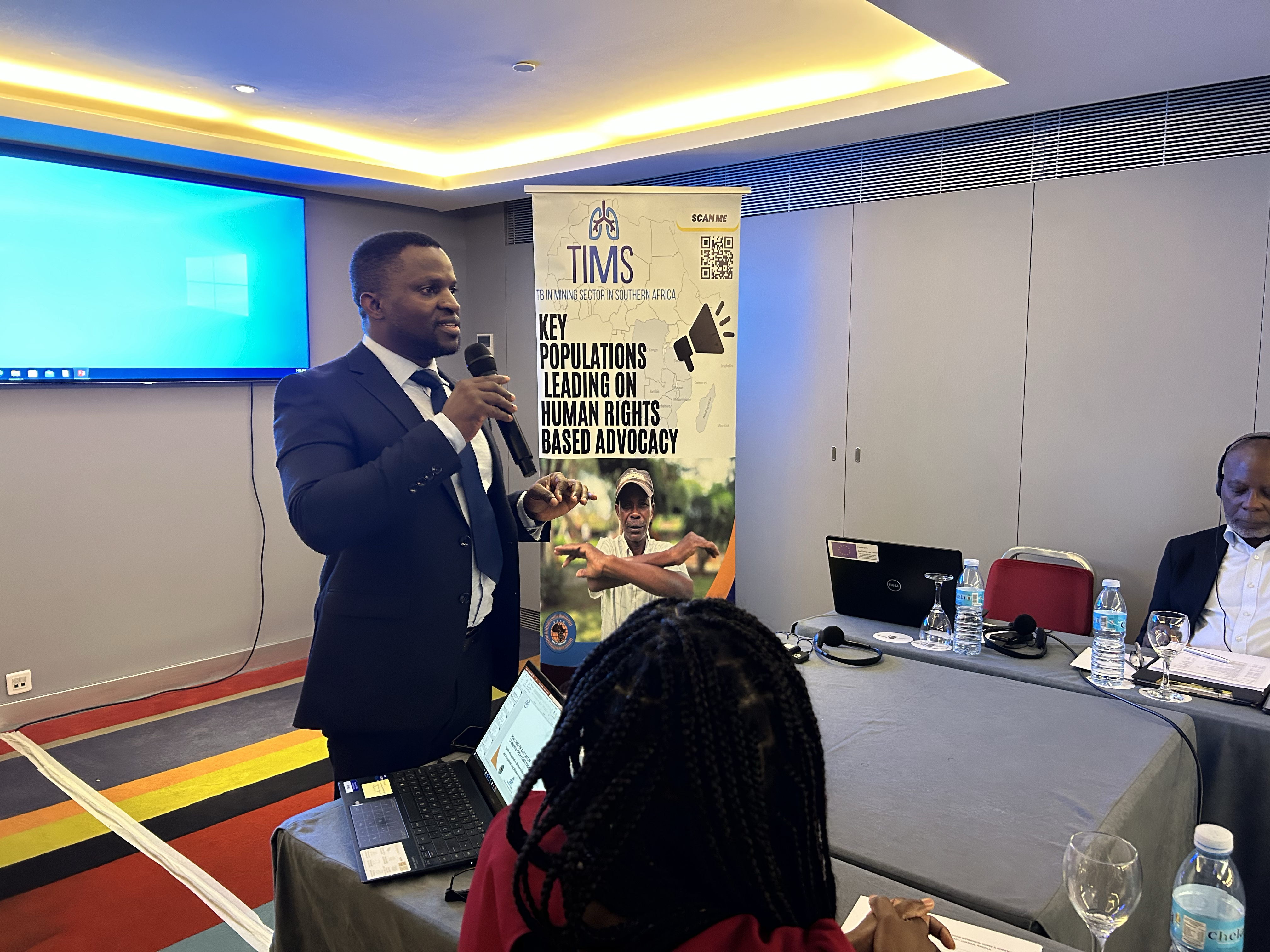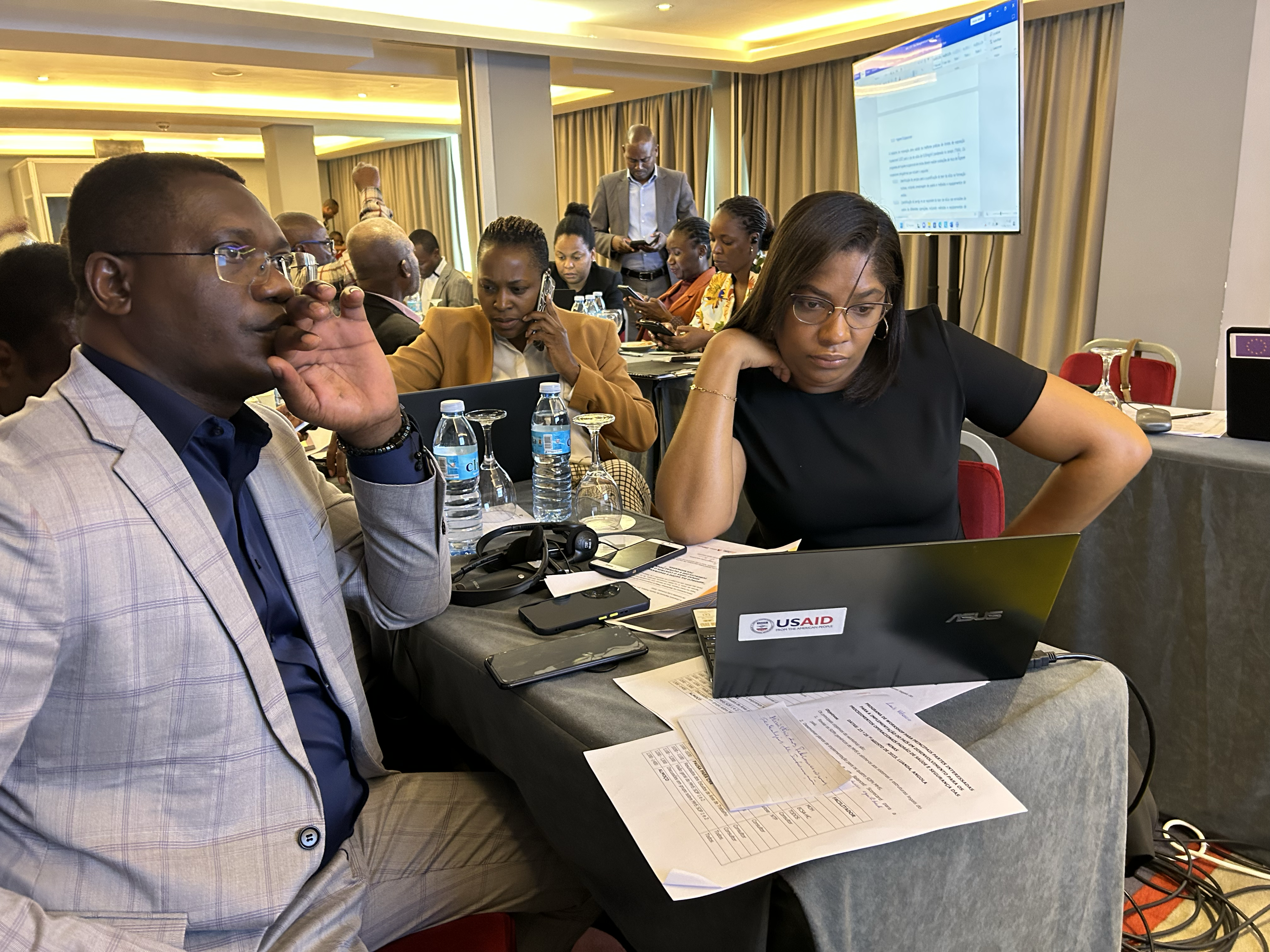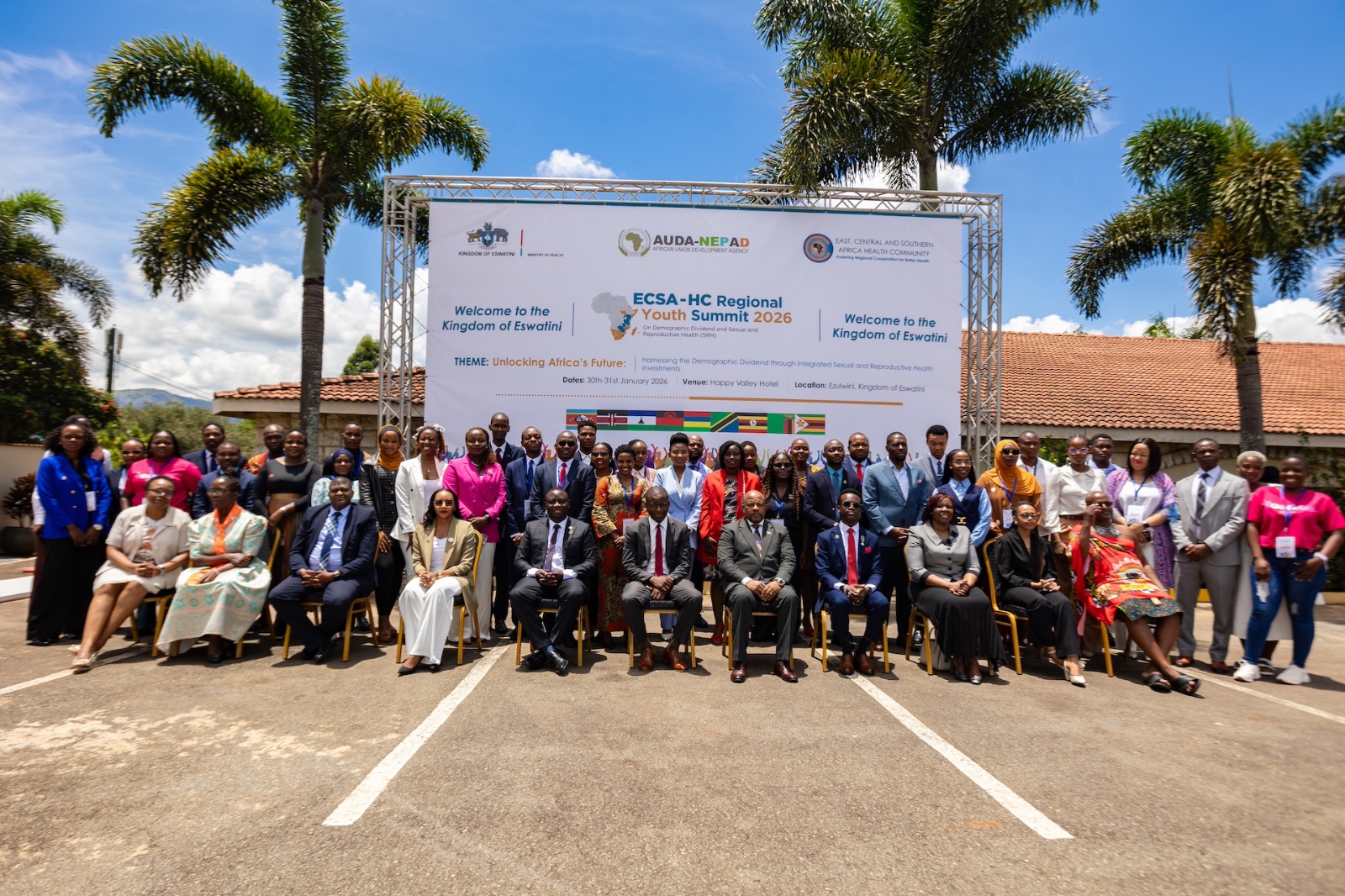ECSA-HC has successfully concluded the 76th Health Ministers Conference (3–5 Feb 2026) in Ezulwini, Kingdom…
Advocating for Safer Mines: Addressing Silicosis and other Occupational Lung Diseases in Angola through the TIMS Project

 Silicosis, a debilitating and often fatal lung disease caused by prolonged exposure to fine silica dust, continues to pose a significant threat to mine workers around the world. This preventable occupational disease is particularly rampant in developing countries where safety regulations and protective measures are lacking. Angola, a country rich in mineral resources, is no exception to this challenge. Angola’s mineral-rich landscape has been a driving force for economic growth, but it has also exposed mine workers to hazardous conditions, leading to a rising number of silicosis cases. The lack of stringent health and safety regulations, inadequate protective equipment, and limited access to medical care have exacerbated the prevalence of silicosis in the country. The toll of silicosis on mine workers’ health and livelihoods has been devastating, with families losing breadwinners and communities facing the socio-economic burden of occupational diseases.
Silicosis, a debilitating and often fatal lung disease caused by prolonged exposure to fine silica dust, continues to pose a significant threat to mine workers around the world. This preventable occupational disease is particularly rampant in developing countries where safety regulations and protective measures are lacking. Angola, a country rich in mineral resources, is no exception to this challenge. Angola’s mineral-rich landscape has been a driving force for economic growth, but it has also exposed mine workers to hazardous conditions, leading to a rising number of silicosis cases. The lack of stringent health and safety regulations, inadequate protective equipment, and limited access to medical care have exacerbated the prevalence of silicosis in the country. The toll of silicosis on mine workers’ health and livelihoods has been devastating, with families losing breadwinners and communities facing the socio-economic burden of occupational diseases.

In efforts to combat the alarming rates of silicosis and other occupational lung diseases (OLDs) among mine workers, the ECSA-HC’s TB in the mining sector project has taken a significant stride forward by advocating the adoption of standardized Mine Health and Safety Standard Operating Procedures (MHS SOPs). These SOPs not only address silica dust exposure but also tackle issues like tuberculosis (TB), HIV, and overall workplace safety. Dr. Tulisha Evans, an Occupational Health Specialist, led a recent workshop in Angola to drive the adoption of these SOPs, bringing together key stakeholders, technocrats, and advocacy groups.
These SOPs offer a comprehensive framework to mitigate the risks of silica dust exposure, TB, HIV, and other OLDs among mine workers.
The workshop, spanning five days, aimed to achieve several critical objectives:
- Advocacy and Communication Strategy Development: The first two days brought together key stakeholders, including ex-miners associations, mine workers unions, and civil society organizations. This collective effort was focused on developing a strategy to raise awareness about the MHS SOPs and advocate for their adoption across different levels.
- Technical Review and Adoption: The subsequent days saw the participation of technocrats from the Ministries of Health, Mines, and Labour, along with occupational health units. These experts reviewed the four generic MHS SOPs, adapting them to suit Angola’s context.
- Implementation Action Plan and Performance Indicators: The culmination of the workshop involved the development of an implementation action plan. Additionally, performance indicators were established to ensure the effective execution of the adapted MHS SOPs. A Balanced Scorecard was crafted to monitor the progress and impact of the implementation.

Silicosis remains a dire threat to mine workers globally, and Angola’s situation is a stark reminder of the urgent need for action. The TIMS project’s advocacy for standardized MHS SOPs marks a decisive stride toward mitigating the impact of silicosis and other occupational lung diseases. By fostering collaboration between stakeholders, technical experts, and advocacy groups, the project lays the foundation for a safer and healthier future for mine workers in Angola. As the nation moves forward with the adopted SOPs and an action plan in place, the workshop’s outcomes hold the promise of transforming the narrative surrounding mine worker health and safety in Angola and beyond.



